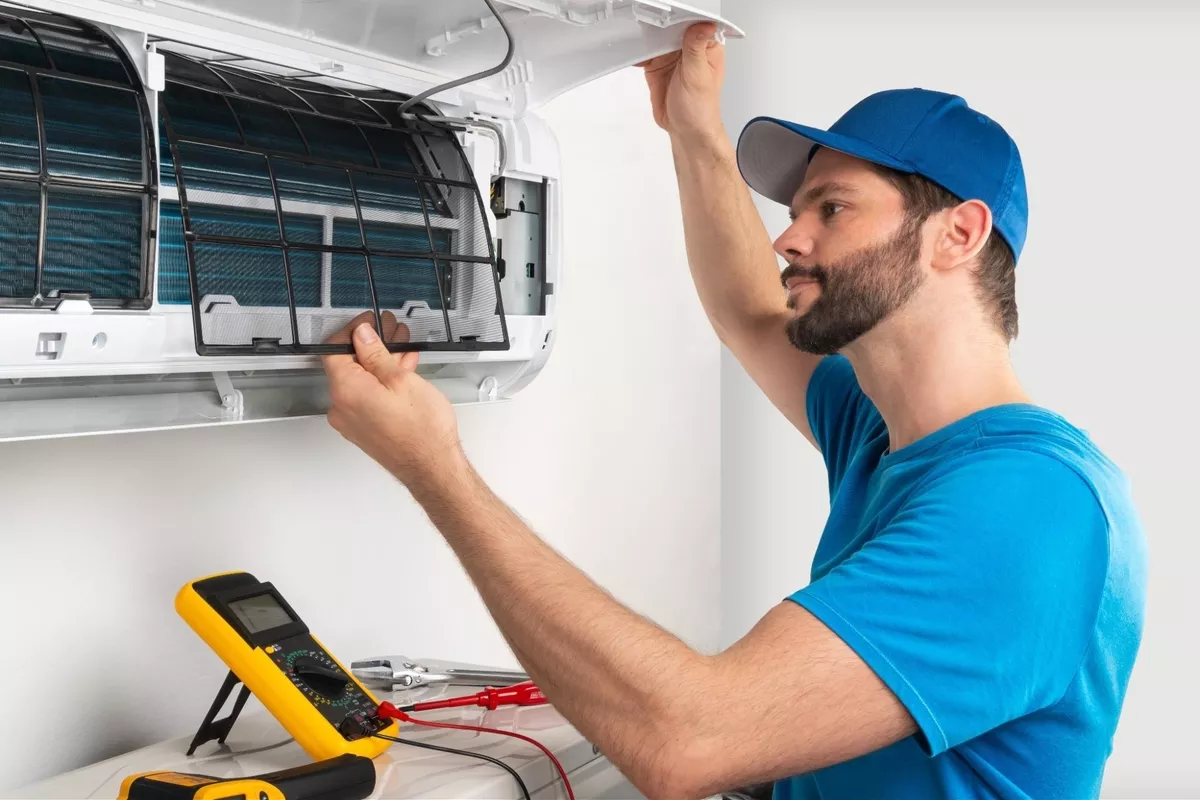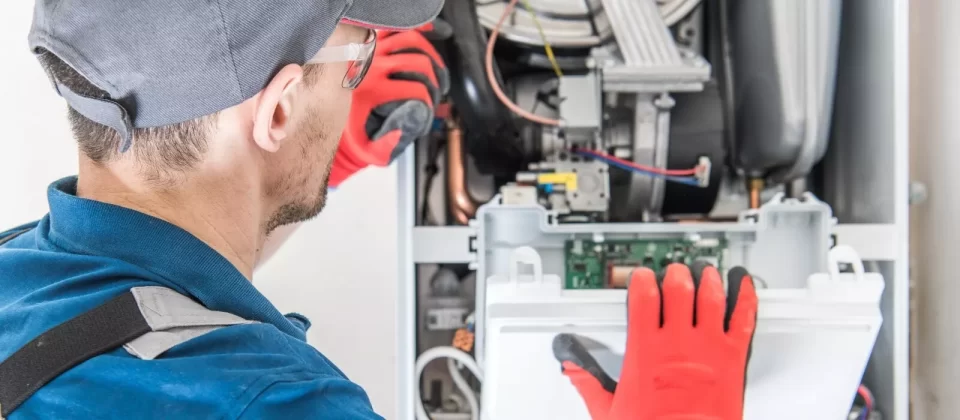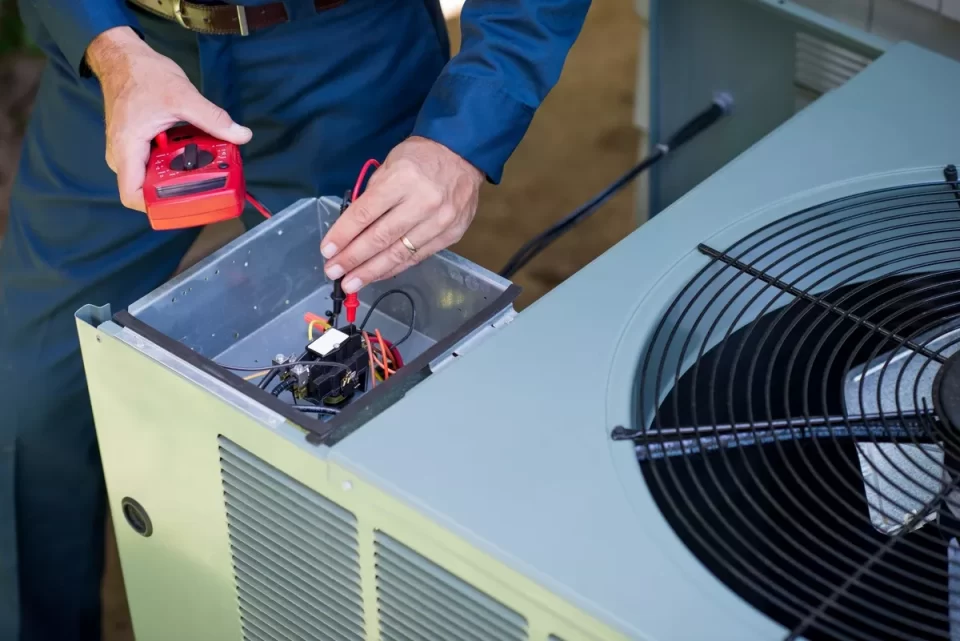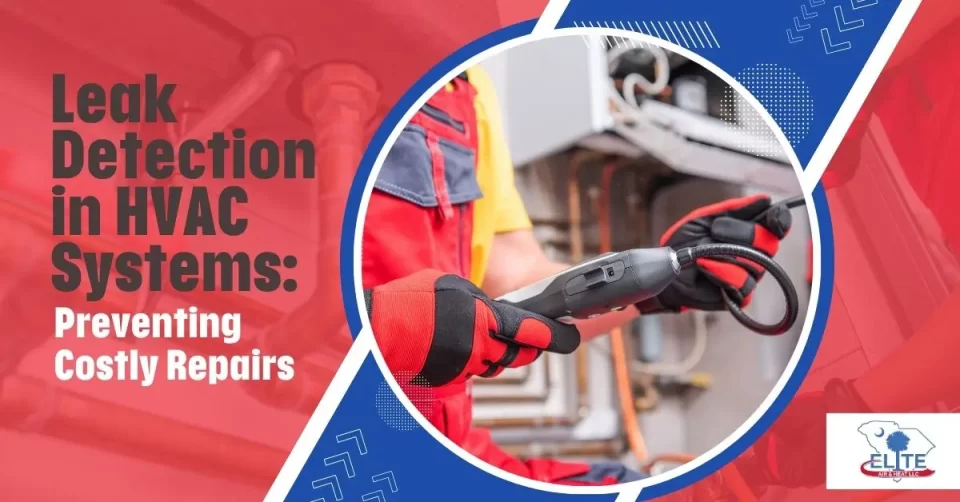Air filters are an important part of any HVAC system because they keep the air clean and the system running well. When these screens get clogged with dust, dirt, and other particles, it can make your heating and cooling system work less well. To get the most out of your HVAC system and avoid spending money on things that aren’t necessary, you need to know how dirty air filters affect it.
How Do Dirty Air Filters Impact The Airflow In An HVAC System?
Air filters play a crucial role in your HVAC system by trapping airborne particles such as dust, pollen, and pet dander. They help keep these particles from circulating through your home and clogging your system’s internal components. However, when filters become dirty and clogged, they can significantly affect the airflow in your HVAC system, leading to several problems:
- Restricted Airflow: As the air filter collects dust and debris, it becomes less effective at allowing air to pass through. This restriction forces the system’s blower to push air through the clogged filter harder. The increased resistance can strain the blower and decrease the system’s overall efficiency.
- Increased Strain on the Blower Motor: With restricted airflow, the blower motor has to operate at a higher capacity to maintain the desired temperature. This extra effort can lead to overheating, reducing the motor’s lifespan and resulting in costly repairs or even premature failure.
- Uneven Temperature Distribution: Reduced airflow can cause uneven heating or cooling throughout your home. Some rooms may feel warmer or cooler than others, making it challenging to maintain a consistent and comfortable temperature. This uneven distribution can increase energy consumption as the system works harder to balance the temperature.
- Decreased System Efficiency: When your HVAC system struggles to move air through a dirty filter, it operates less efficiently. This inefficiency can lead to higher energy bills and additional wear and tear on the system, potentially leading to more frequent maintenance issues.
Regularly replacing or cleaning your air filters is essential to ensuring optimal airflow, preventing system strain, and maintaining a comfortable indoor environment.
What Are The Signs That An HVAC Air Filter Needs To Be Changed?
Detecting when your HVAC air filter needs changing is crucial for keeping your system running smoothly and efficiently. Several clear signs indicate that it’s time for a replacement:
- Reduced Airflow: If the air coming out of your vents isn’t as strong as usual or if your HVAC system has trouble getting to and staying at the right temperature, it could mean that the filter is jammed. When movement is limited, the system has to work harder, which can make it less efficient and cause energy bills to go up.
- Visible Dirt and Debris: A quick visual inspection of your filter can reveal whether it’s time for a change. If you see a thick layer of dust, dirt, or grime covering the filter, it’s time to replace it. A dirty filter compromises air quality and strains your HVAC system.
- Increased Dust Around the Home: If your home is getting dustier despite regular cleaning, the culprit could be a clogged filter. A filter not working effectively allows more dust and particles to circulate through the air and settle on surfaces. An increase in dust accumulation or the need to dust more frequently can be a telltale sign of a filter that needs changing.
- Unusual Odors: A clogged filter can sometimes cause musty or unpleasant odors in your home. If you detect unusual smells from your vents or around your HVAC system, check the filter, as it might be time for a replacement.
Keeping an eye out for these signs and replacing your air filter as needed can help maintain your HVAC system’s efficiency and improve indoor air quality.
Can Dirty Air Filters Increase Energy Costs For Heating And Cooling?
Yes, dirty air filters can lead to increased energy costs. When the airflow through the filter is restricted, the HVAC system must work harder to achieve the same level of heating or cooling. This additional strain results in higher energy consumption and increased utility bills.
A clogged filter forces the system to operate longer as it struggles to maintain the desired temperature. This consumes more energy and can lead to higher wear and tear on the system’s components. Over time, this can result in more frequent repairs and potentially the need for premature replacement of expensive parts.
How Often Should Air Filters Be Replaced To Maintain HVAC Efficiency?
Maintaining effective operation of your HVAC system depends on regular maintenance. Depending on several criteria including the type of filter, pet presence, and dust level in your house, air filters should usually be changed every one to three months. You might have to replace your filters more often, for instance, if you have dogs that lose fur or live in an especially dusty surroundings.
One helpful habit is monthly air filter check. It is time for a replacement if the filter seems dusty or blocked. Though it doesn’t look very dusty, replacing it often helps keep ideal airflow and system performance.
Effective running of your HVAC system depends on clean air filters. In addition to lowering system performance and raising energy costs, dirty filters can limit airflow and make a house less pleasant. Regularly monitoring and changing your air filters helps to guarantee that your HVAC system runs as it should, so conserving energy and prolonging the lifetime of your machinery. Regular maintenance controls your utility expenditures, increases your comfort, and helps prevent expensive problems.
Frequently Asked Questions About Air Filter Maintenance
How Much Does It Cost to Replace an Air Filter?
The cost of replacing an air filter can vary depending on the type and size of the filter as well as your HVAC system. On average, you can expect to pay between $20 and $50 for a standard air filter replacement. High-efficiency filters or those used in specialized systems may cost more, ranging from $50 to $100. Regular maintenance and timely replacement can help you avoid costly repairs and keep your system running efficiently.
How Can I Tell If I Need a High-Efficiency Filter?
High-efficiency filters are designed to capture smaller particles and provide better air quality. If you or your family members suffer from allergies, have pets, or live in an area with high levels of dust or pollen, investing in a high-efficiency filter might be beneficial. Our team at Elite Air & Heat LLC can help you determine the best type of filter for your needs and ensure you get the most value from your investment.
What Should I Do If I Notice Issues With My HVAC System?
If you notice reduced airflow, increased energy bills, or other issues with your HVAC system, it’s important to address them promptly. If you don’t fix these problems, they might get worse and cost more to fix. Get in touch with Elite Air & Heat LLC for a full inspection and expert help. Our skilled techs will figure out what’s wrong and offer a fix to get your system working properly again.
Ready to Improve Your HVAC Efficiency? Get in Touch With Us Today!
Don’t let a dirty air filter or inefficient system compromise your comfort and increase your energy bills. Contact Elite Air & Heat LLC today to schedule a professional inspection and filter replacement. Our friendly team is here to help you with all your HVAC needs and ensure your system runs smoothly and efficiently. Call us now or visit our website to get started!




